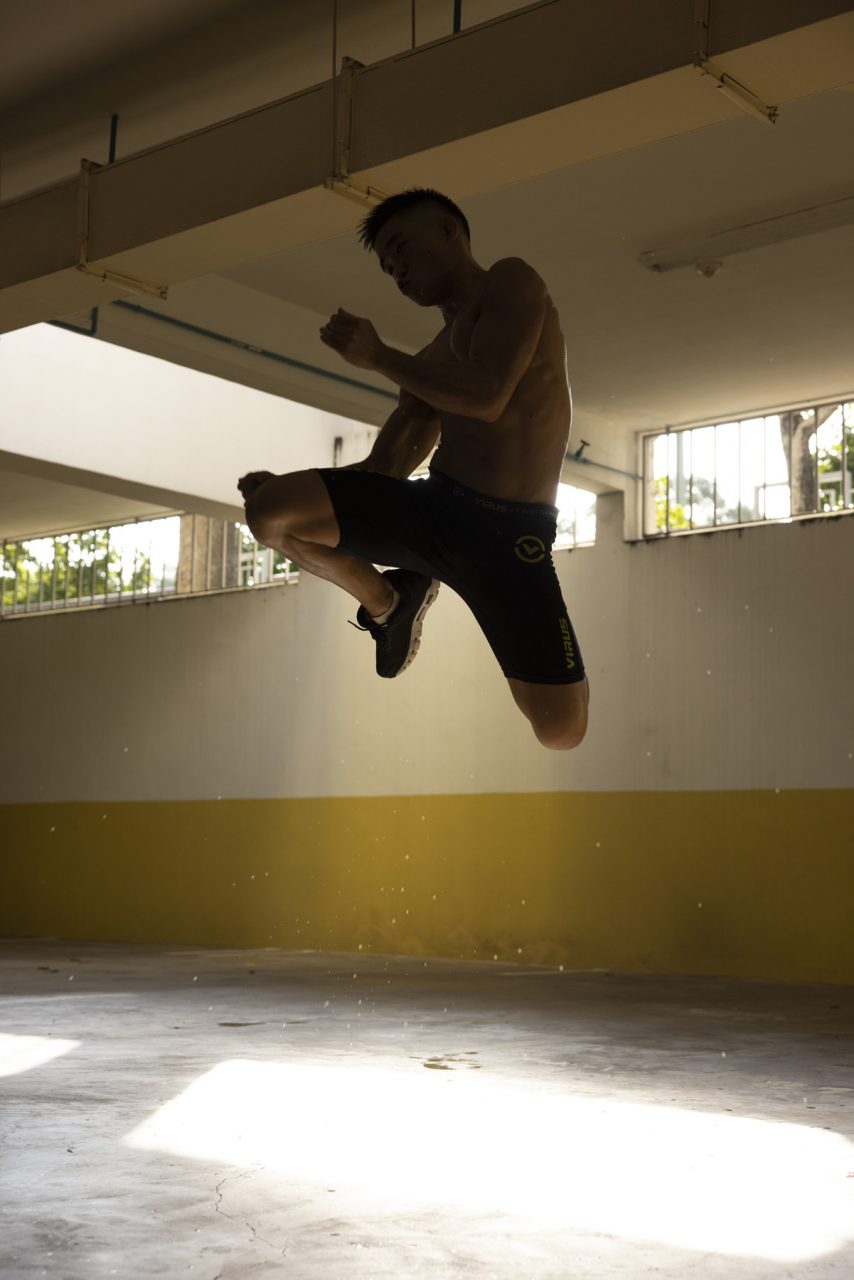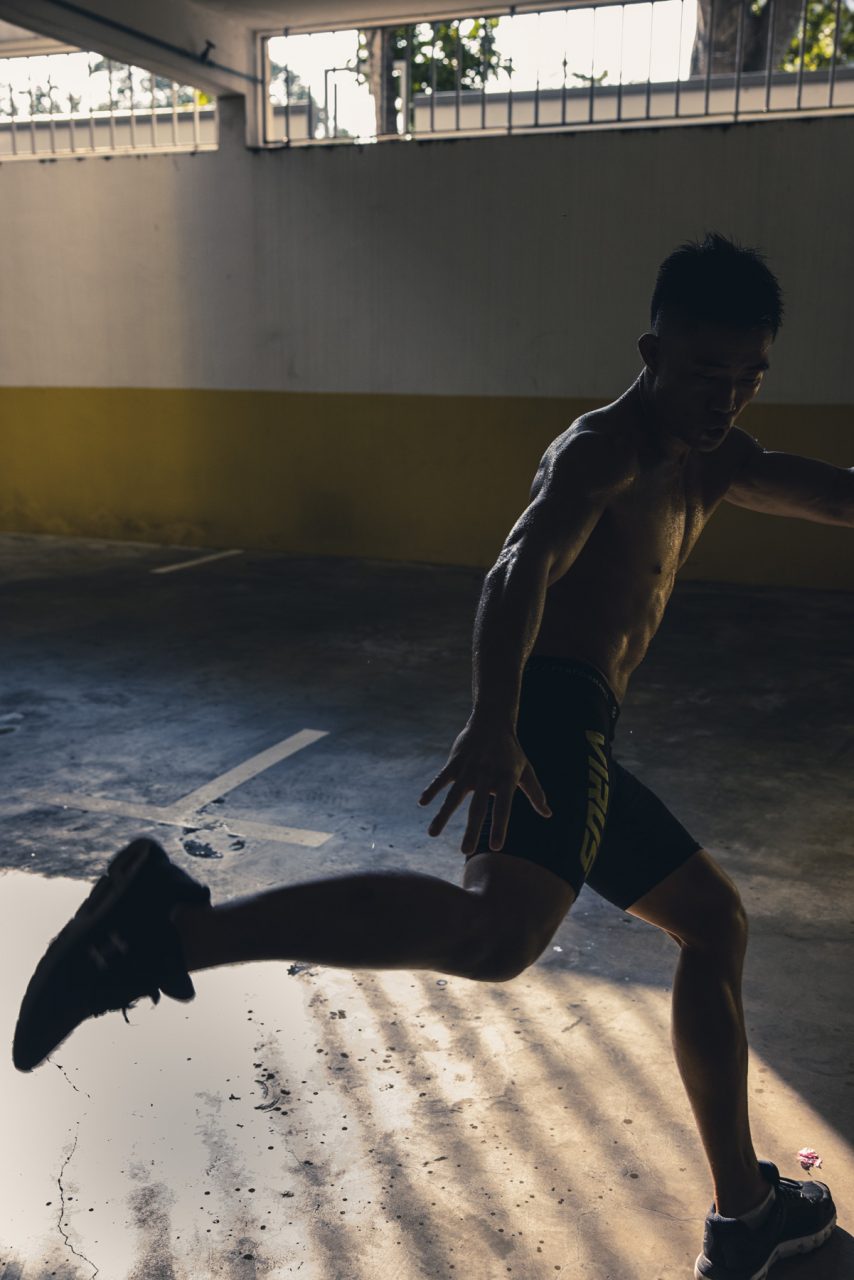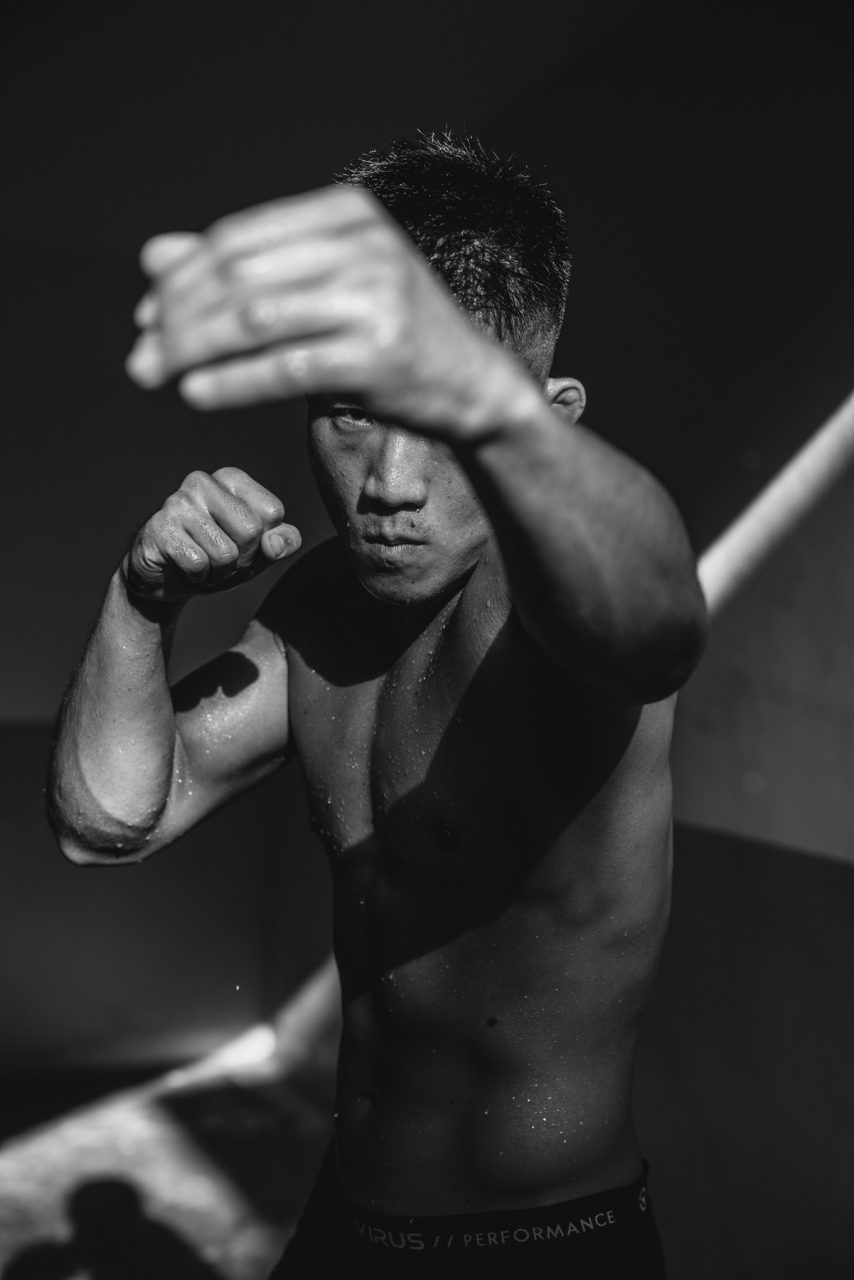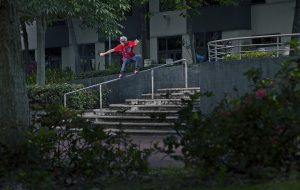In this second instalment, the Afterdark Facility documents just how professional MMA fighter Sim Kai Xiong deals with life in a lockdown. He discovers motivation from within as he develops his mental and physical game while stalking a return to the octagon.
What started off as roughhousing around the neighbourhood with his older brother eventually ignited a desire for excellence in Sim Kai Xiong.
Since formally starting martial arts training in 2014, the 23-year-old undergraduate has developed an appetite for pushing his physical, mental and technical limits to stake a claim for a place in the vaunted Ultimate Fighting Championships and see what heights his potential will take him in the realm of competitive mixed martial arts.
Building on a 7-1 amateur MMA record, Kai Xiong turned professional in 2019 and achieved a 2-0 record by the close of the year. What was to be a record-building 2020 was eventually curtailed by the COVID-19 pandemic. But despite having his training- and fight-focused lifestyle grind to a complete halt with the Circuit Breaker, Kai Xiong shares just how he’s shaken himself out of the funk, break out of a routine that saw him go through the motions, and rediscover just what drives him to continue pushing hard and improving upon yesterday.
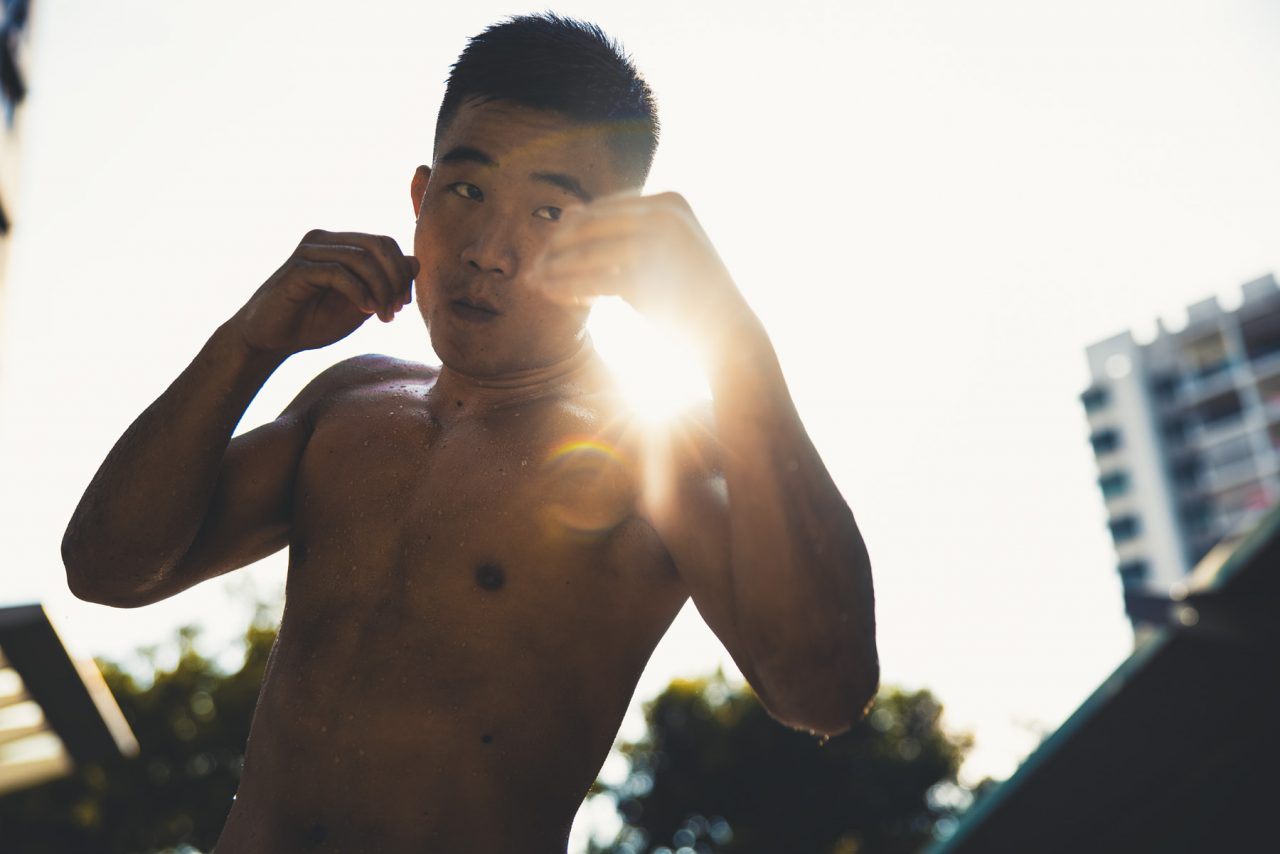
What did you have lined up before COVID-19 struck?
I was really optimistic about this year. Career-wise, I was hoping to go big and try to see how far I can go. 2020 was supposed to be my record building year and I’d try to get into the UFC in 2021. But all of that went to s***t.
I actually had two fights lined up, one in Bangkok, Thailand, and another in Australia. The fight in Australia was supposed to be one with a decent paycheck that would pay for everything. It all got cancelled because of COVID-19 and halted the progression of my career.
How did the Circuit Breaker affect life?
There was no way to compete in any sporting activity. Definitely not MMA, and no grappling, striking or any sort of competition. For somebody who trains at the gym twice a day, six to seven times a week. I ended up with a lot of free time with nothing to do. It was quite frustrating, to have this sudden, abrupt change
How did you deal with that?
I was in denial at first. I couldn’t really believe it was happening. Initially it was a lot of eating and drinking because there was nothing I could do, so might as well enjoy myself a bit more. But after a while, I started to adapt and figured out what I could do given the circumstances rather than sit and home and regret life.
How did you make things work?
It actually requires a lot of self-motivation. My regular training hours were usually later in the day, so I had to switch that around. The good part is that it made things less tiring. I was still training twice a day, but on my own and with whatever I had, such as kettlebells, the mace, shadow boxing and stuff like that. I will force myself to do one session in the morning before my first meal, and right before my last meal. With the gyms all closed, training then took place right below my house, in the carpark.
I also identified that moment of laziness where I’d think twice before starting a workout. I made it my mental trigger for when I should get started training. I kept forcing myself to do it and after a while, it just became a habit. On top of that, it took a lot of self- studying because I now don’t have someone to show me what to do and tell me when to do it. So I used a lot of online resources. From a martial arts perspective, there are a lot of instructional [resources] online. I also watched a lot of fight footage and look out for stuff I could work on alone and explore ways to use new techniques.
What does GRIT mean to you?
Be willing to endure discomfort, or negative feelings or discomfort for the sake of being better. It’s a very tedious process, but you’ll come out better at the end of it.
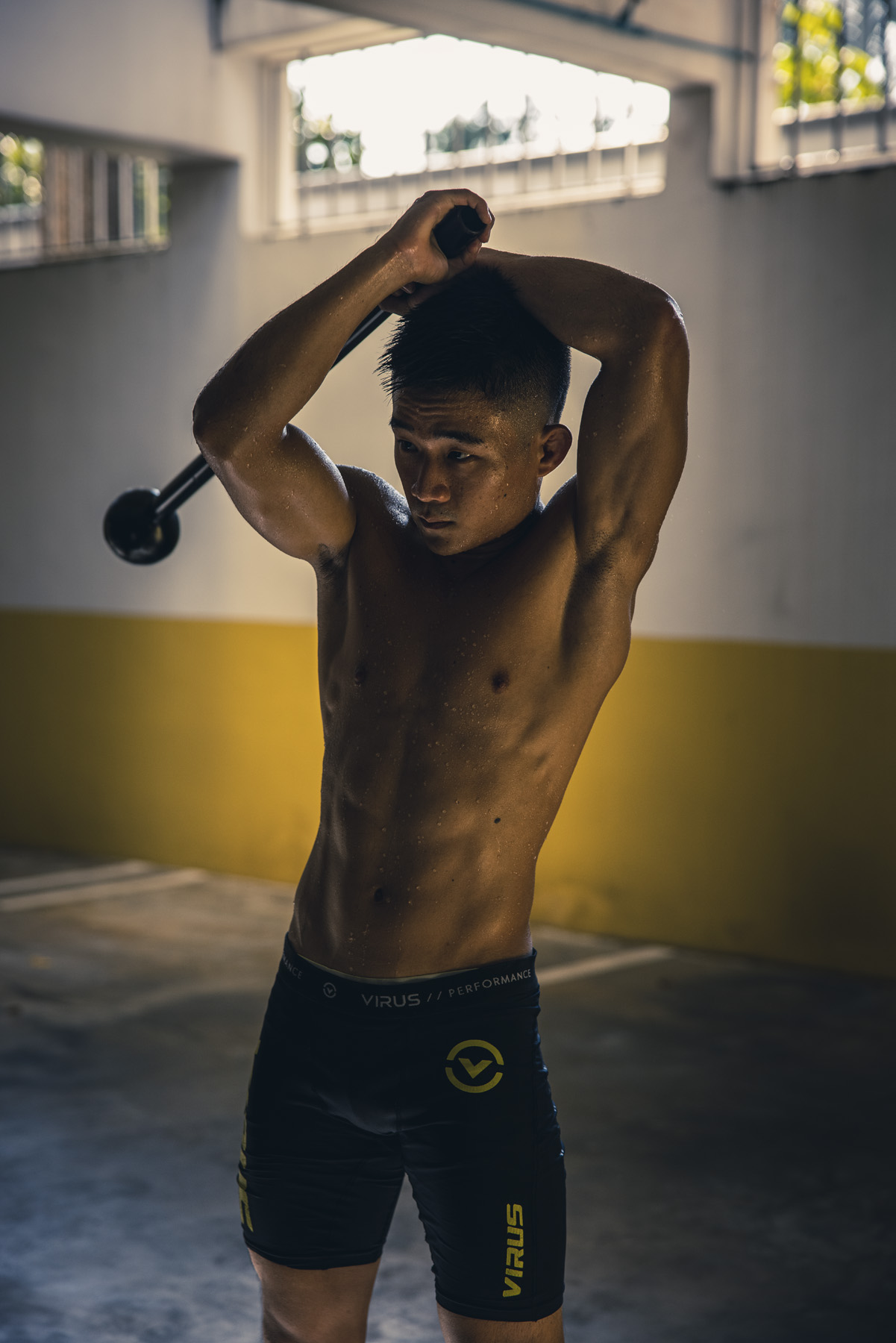
As the world gets used to the impact of COVID-19, the Afterdark Facility documents just how MMA fighter Sim Kai Xiong has adapted to restrictions in the pursuit of becoming a mixed martial arts champion. 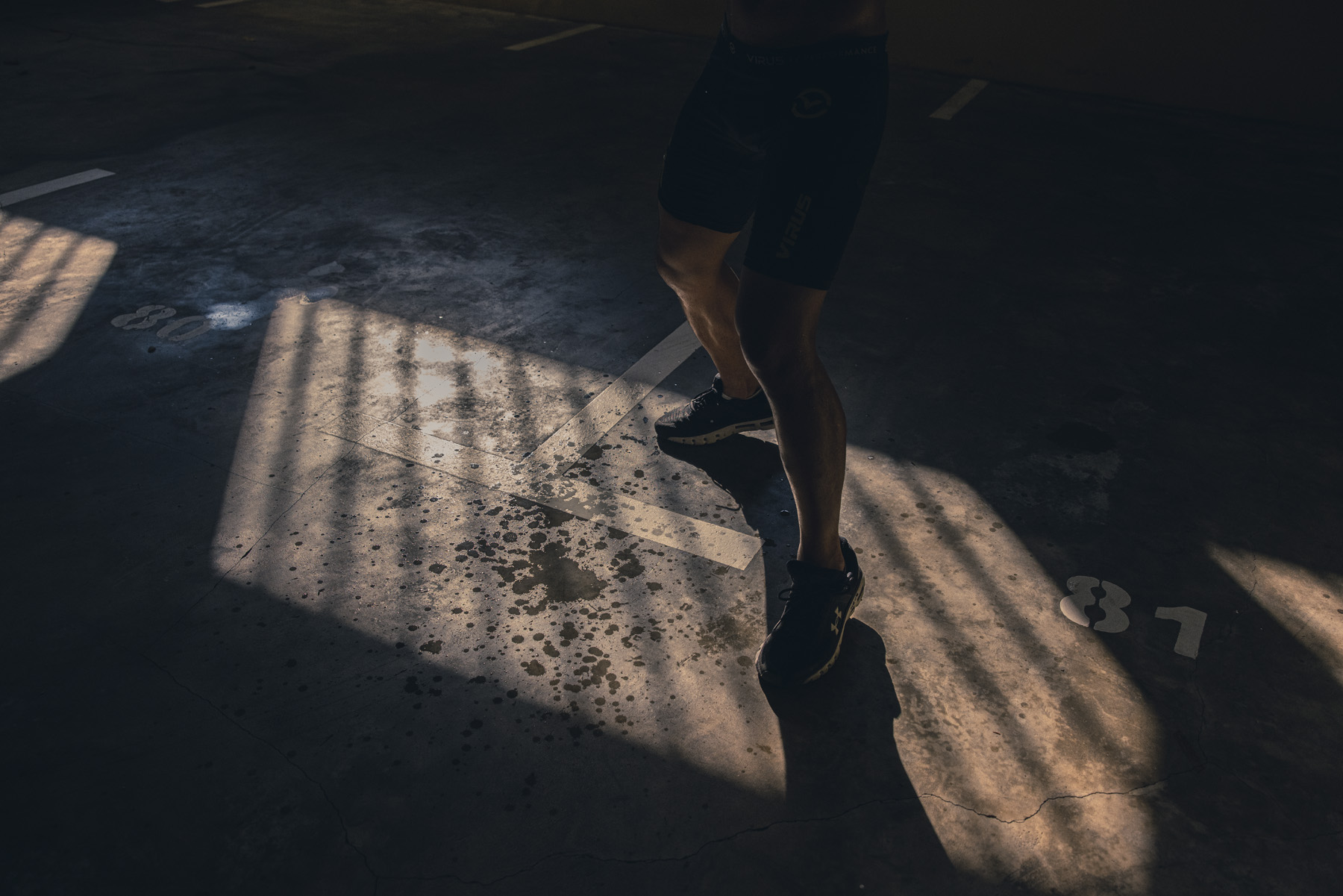
As the world gets used to the impact of COVID-19, the Afterdark Facility documents just how MMA fighter Sim Kai Xiong has adapted to restrictions in the pursuit of becoming a mixed martial arts champion. 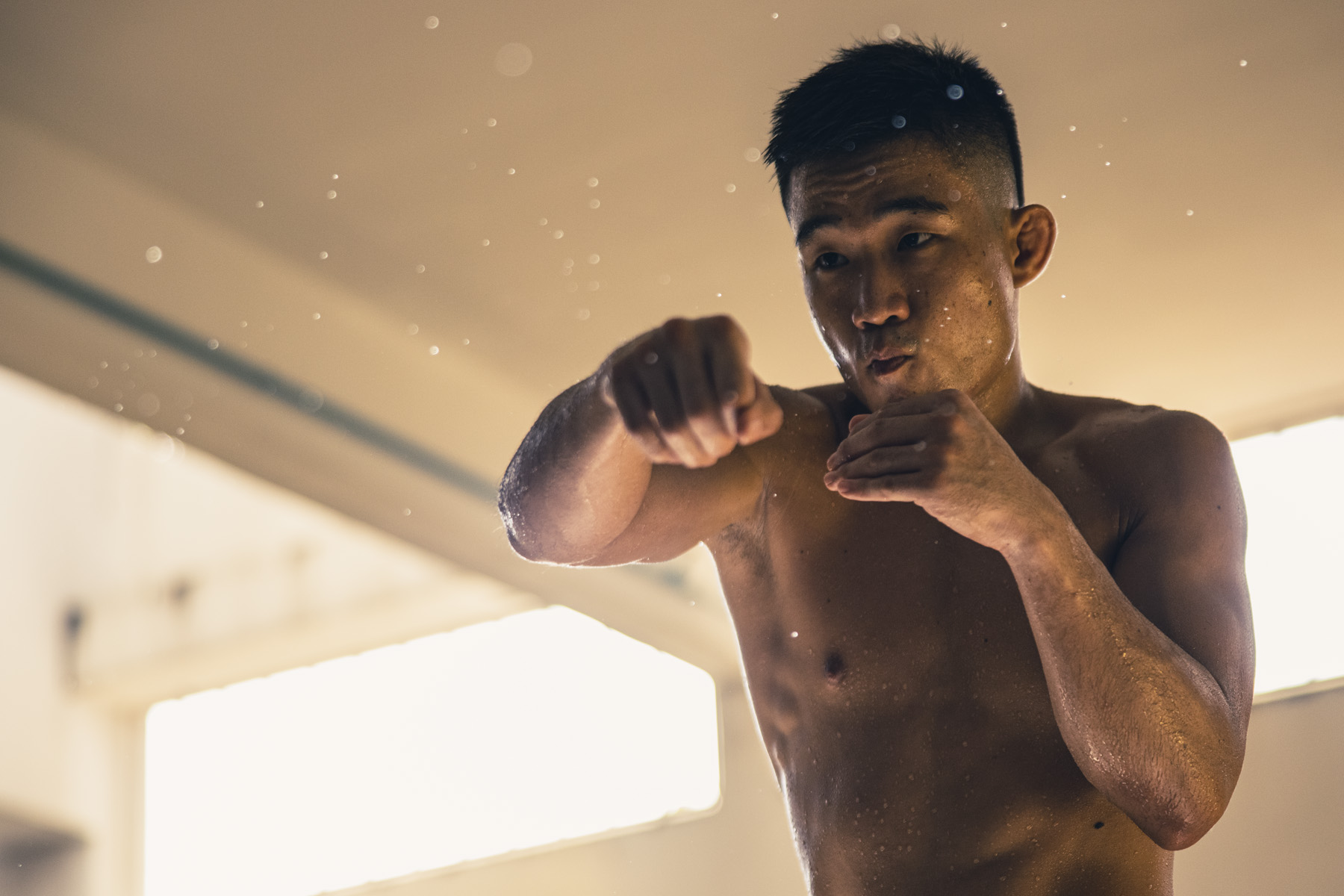
As the world gets used to the impact of COVID-19, the Afterdark Facility documents just how MMA fighter Sim Kai Xiong has adapted to restrictions in the pursuit of becoming a mixed martial arts champion. 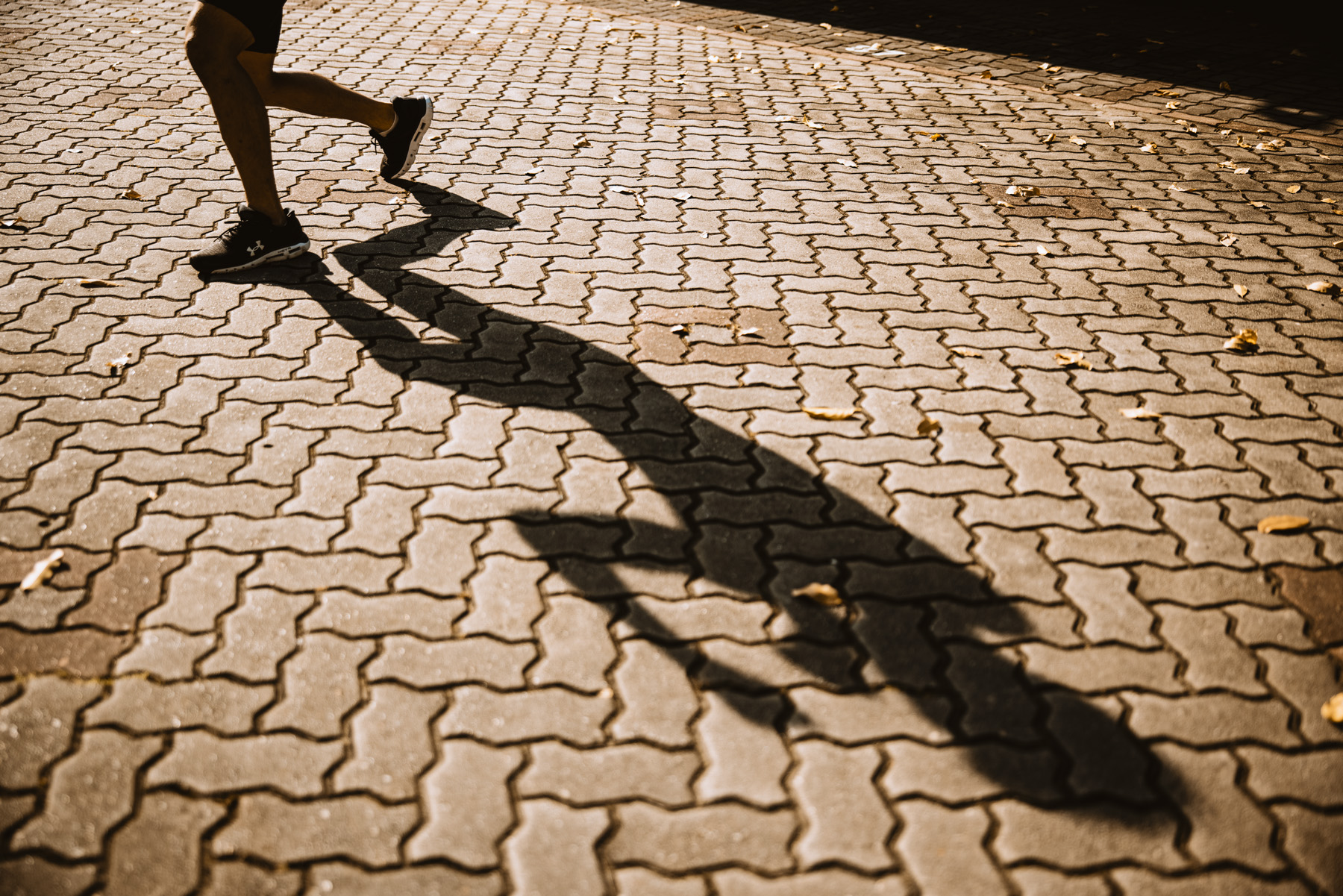
As the world gets used to the impact of COVID-19, the Afterdark Facility documents just how MMA fighter Sim Kai Xiong has adapted to restrictions in the pursuit of becoming a mixed martial arts champion.
Fighters are always looking out for opportunities. What are some positives that came out of this COVID-19 pandemic?
With a lot of free time, comes a lot of time to reflect. And I got to think about my approach to handling life. Circuit Breaker gave me the time to hone my self-motivation.
I realised that the hardest part to doing anything is just getting started. And I’ve been finding different ways to get used to being uncomfortable. I decided that each day, I’ll try to push beyond my comfort zone and get used to discomfort so that in future fights, or responsibilities like studying, I’ll be more comfortable and more willing to act with better energy, even if I don’t want to do it.
What motivates you to keep pushing yourself?
Credit to the online material that I’ve read, I feel that there’s no longer any upper limit to what I can do, be it physical or mental, I just got to put yourself in a spot to just do it. There is no finish line here, and I should just keep at doing my best.
Who are your biggest cheerleaders during this lockdown?
First off, there’s my brother and he’s been training with me a lot, especially during this lockdown phase. And my parents as well, because we’ve been much closer after spending more time together. Also, my training partners. Even though we can’t train together, we still help each other by sending different workouts to try or just doing what we can to help each other keep it going.
What’s next for you?
I’ll try to stick to a training regime. School just started as well, so I’m alternating back and forth between training and studying. Given this new mindset, I don’t want to keep it to just physical training. I’ve been trying to put in more effort in school work as well. Until the next available competition, I’ll keep training like there is one.
